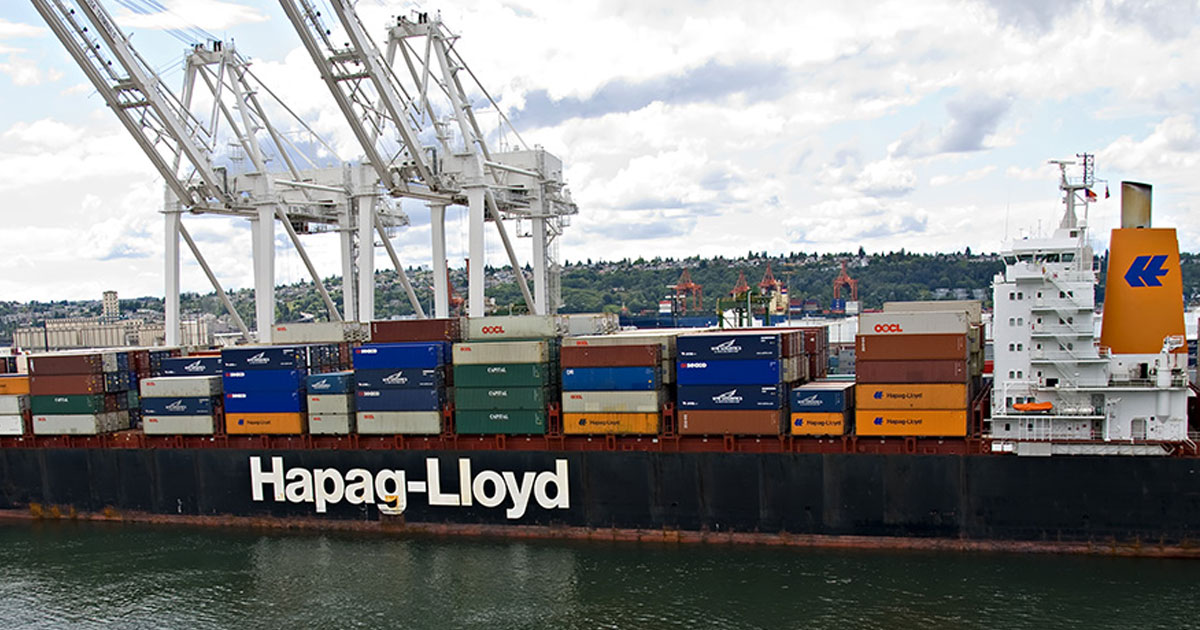Hapag Lloyd hikes dry cargo rates from Canada to India, Middle East to $150/TEU
22 Jan 2024

German shipping group Hapag Lloyd has announced a general rate increase (GRI) from Canada West Coast to Middle East and the Indian subcontinent for dry cargo transported in 20TEU and 40 TEU containers, beginning 1 February.
The new reference rate for such cargo originating from Vancouver, Canada to be offloaded at ports in India, Bangladesh, Pakistan, Sri Lanka, UAE, Qatar, Bahrain, Oman, Kuwait, Saudi Arabia, Jordan, and Iraq, will be $150 per TEU, the company stated.
This GRI will be applicable to all containers gated in full from 1 February 2024, and will be valid until further notice, the shipping company stated..
Hapag-Lloyd also said it will continue to route its vessels around the Cape of Good Hope until further notice due to Houthi attacks on vessels in the Red Sea. The announcement comes soon after the shipping company announced that it was introducing land corridors through Saudi Arabia to mitigate the impact on its business.
"We continue to monitor and review the situation constantly. As soon as the situation changes, and it is safe again, we will route our vessels through Red Sea and Suez Canal," it said.
In an earlier statement on its website, the company said it would offer land connections from Jebel Ali, Dammam and Jubail to its ocean shuttle service out of Jeddah.
"Our aim is to provide (customers) with a convenient contingency solution to overcome this unexpected closure until the situation in the Red Sea has been normalised," it said.
The company considers at regular intervals whether normal shipping through the Suez Canal can be restored, it said, adding that it connects 55 ports and 53 inland terminals in the Middle East region.
“As we continue to address the impact of the Suez Canal situation, we are introducing land service corridors from Jebel Ali, Dammam, and Jubail to Jeddah. This will enable the connection with our ocean shuttle service out of Jeddah. While this is not the optimal solution in terms of capacity, it will offer another option to the current transit times, especially where alternative routings become excessively long,” the company stated.



















